By Arti Sangar
During the last two decades, a sizeable chunk of the expatriate population has relocated to Dubai for both employment and investment opportunities. Undoubtedly, many have made significant economic gains in terms of purchasing luxury houses and other assets, and in some instances, setting up business empires for their successors’ benefit. However, until recently, Dubai did not have a comprehensive law governing expatriates’ inheritance issues and as a result, expatriate families of a deceased could end up facing a complex process, consuming much money and time, as they navigate the aftermath of the death. Furthermore, a vast majority of expatriates are not conversant with the Shari’ah principles governing the distribution of a deceased’s assets in Dubai. Due to these ambiguities, many expatriates have historically been keeping funds offshore and holding assets, including real estate properties, through offshore companies.
Fortunately, these legal uncertainties, where inheritance issues are concerned, could become a thing of the past with the launch of the Dubai International Financial Centre (DIFC) Wills & Probate Registry (Registry) earlier this year. Now, non-Muslims satisfying various criteria will be able to register their wills under common law principles at the Registry. The intention of the Registry is to facilitate testamentary freedom for non-Muslims owning assets in Dubai.
Advantages to Expatriates in Dubai
Subject to certain conditions, non-Muslim expatriates with assets in Dubai will be able to execute and register a will under the jurisdiction of the DIFC and its courts and upon the testator’s death, the executors will be able to apply to the Registry for a grant of probate. As the grant is issued by the DIFC Court, it will be directly enforceable in Dubai, thus bypassing the procedure and time associated with going through the Dubai Courts and the resulting uncertainty it can bring.
Another common concern among expatriates living in Dubai has centered around guardianship of minor children residing with parents in Dubai. In order to address this, testators will also be able to appoint guardians in respect of any minor children within their DIFC will. Notably, a guardianship clause can, however, only be included if the testator has minor children residing in Dubai. Also, any guardian appointed by a DIFC will must not be contrary to public order or give rise to a criminal offence.
Key Requirements
The testator must have reached the age of legal majority, and most importantly, the testator must not be a Muslim. A declaration to this effect is made in the will, but this status will also be tested on death and to ascertain whether the deceased converted to Islam after making the will.
Although the testator must own assets in Dubai, there is no residency requirement. In other words, even non-Dubai residents can register a DIFC will. The assets dealt with under a DIFC will can also be onshore or free zone assets, however, it is critical to note that if there are assets held in any other Emirate or outside the UAE it cannot be dealt with under a DIFC will.
How can we help?
As an international law firm with an office in the DIFC, Diaz Reus | Dubai is well placed to provide advice on the new succession and inheritance rules in the DIFC. As well, we can assist in the preparation and registration of wills for non-Muslim expatriates in Dubai.
Please contact Global Managing Partner, Michael Diaz, Jr., for more information.





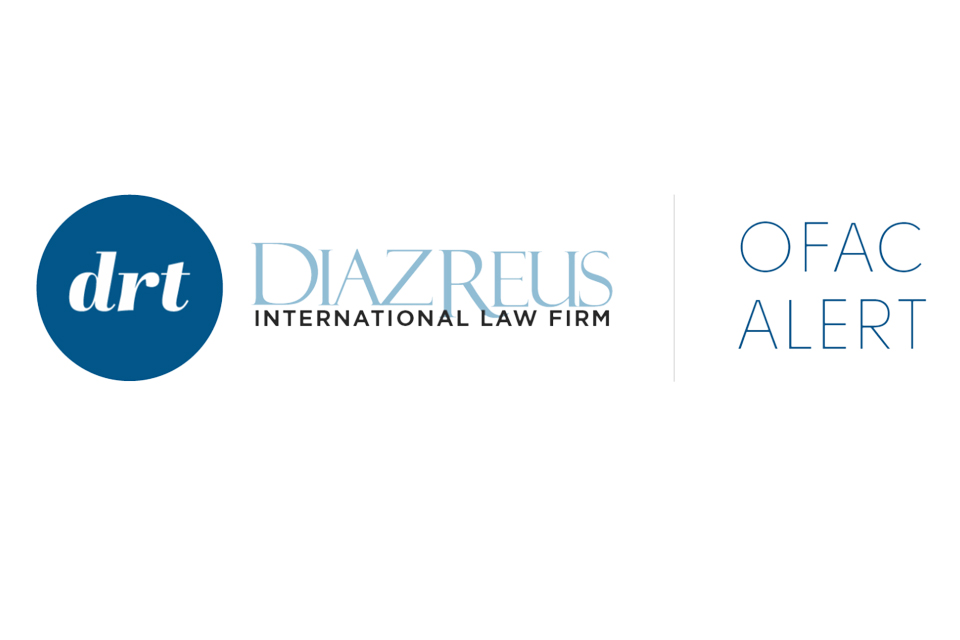





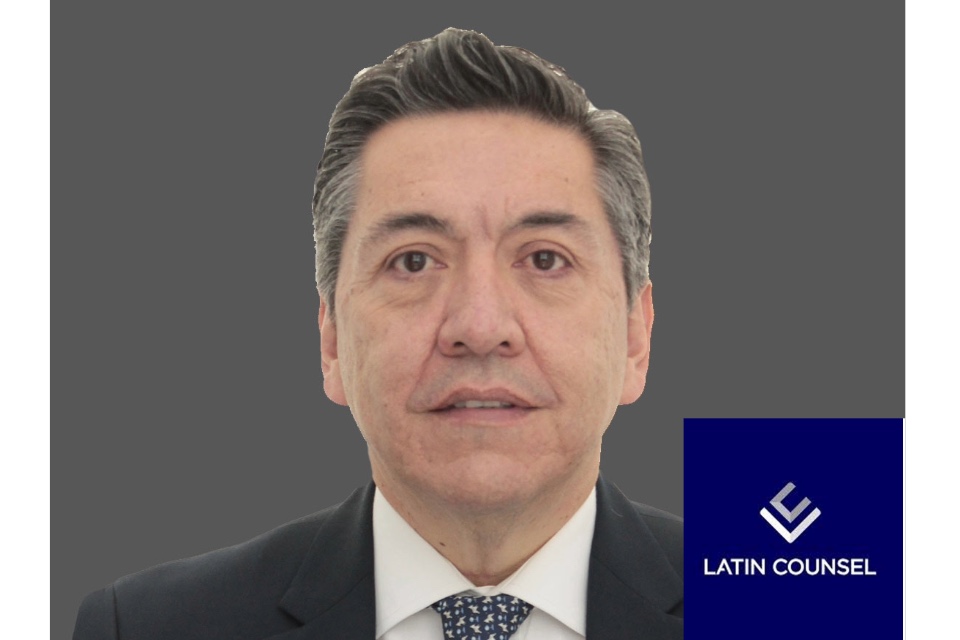
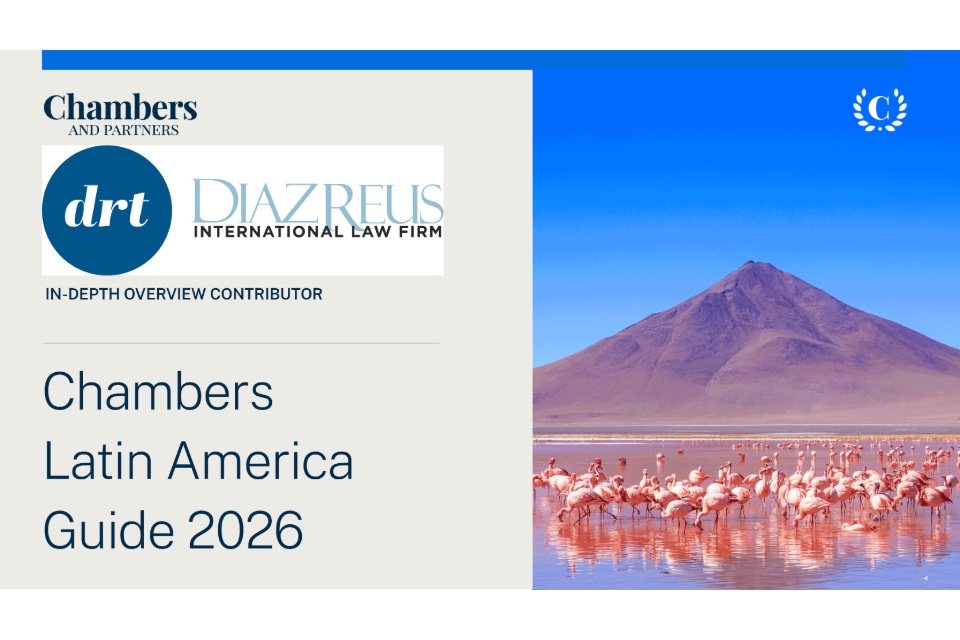

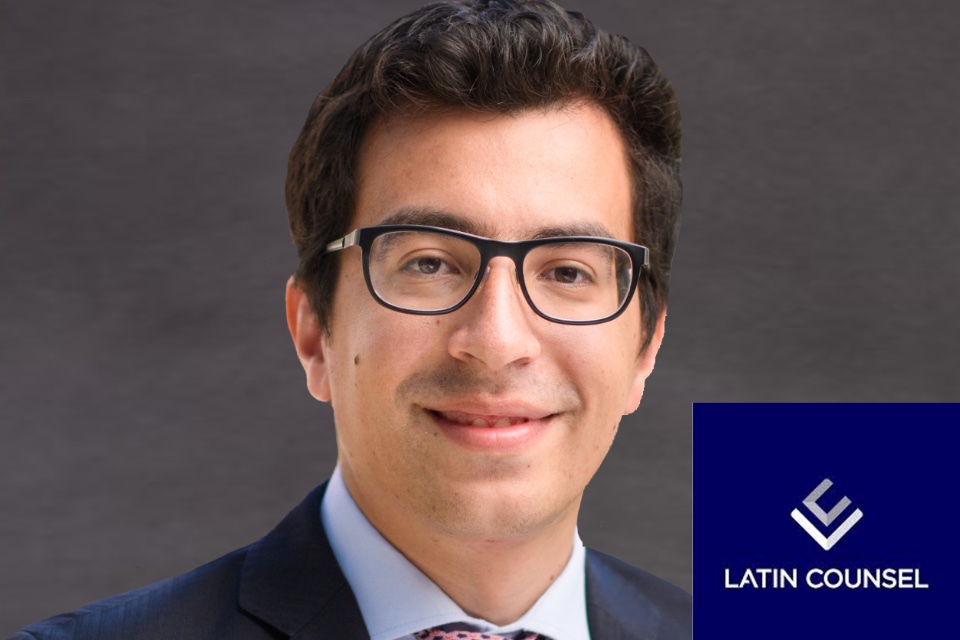
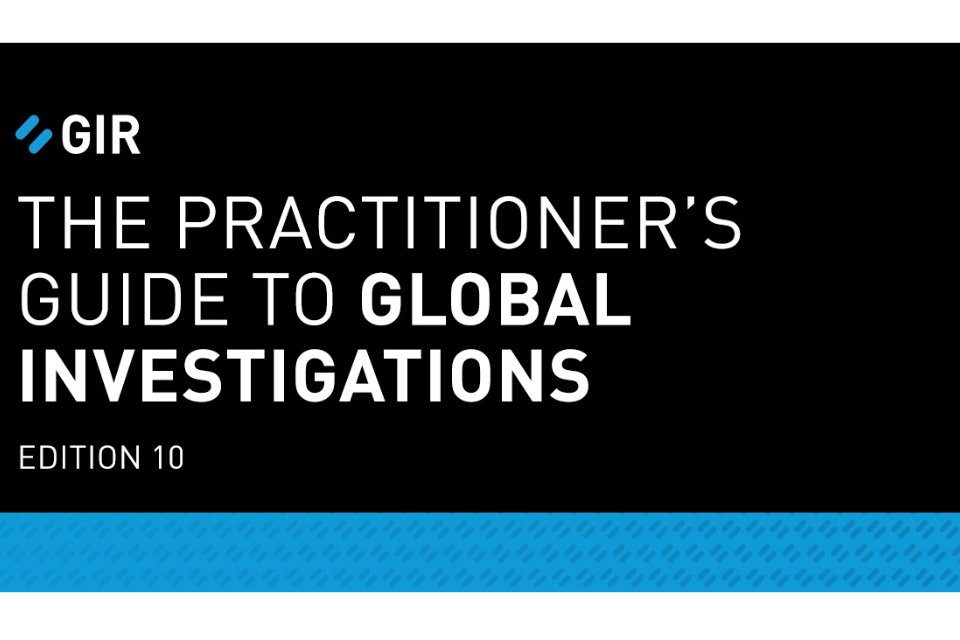
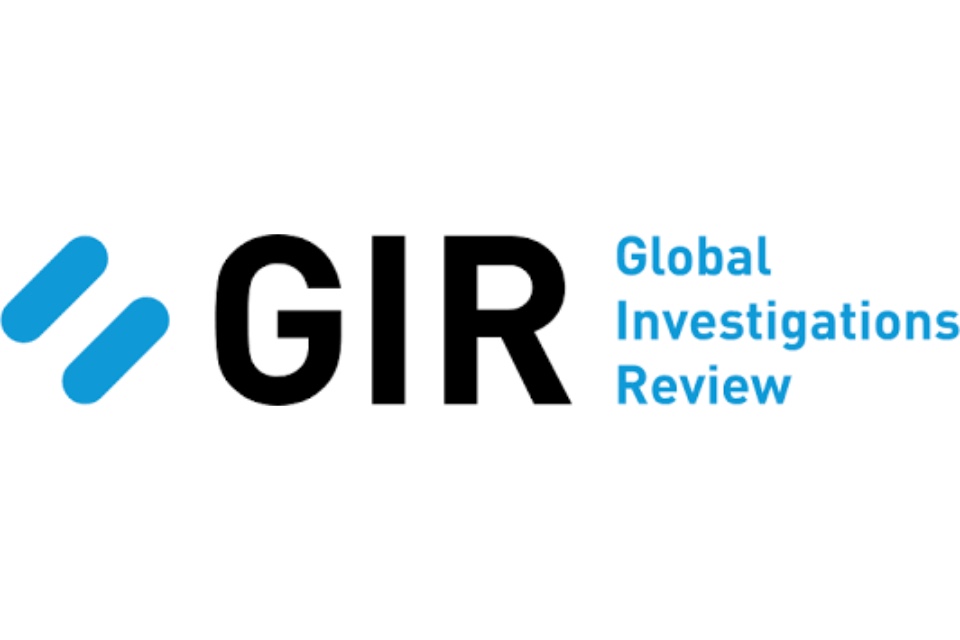

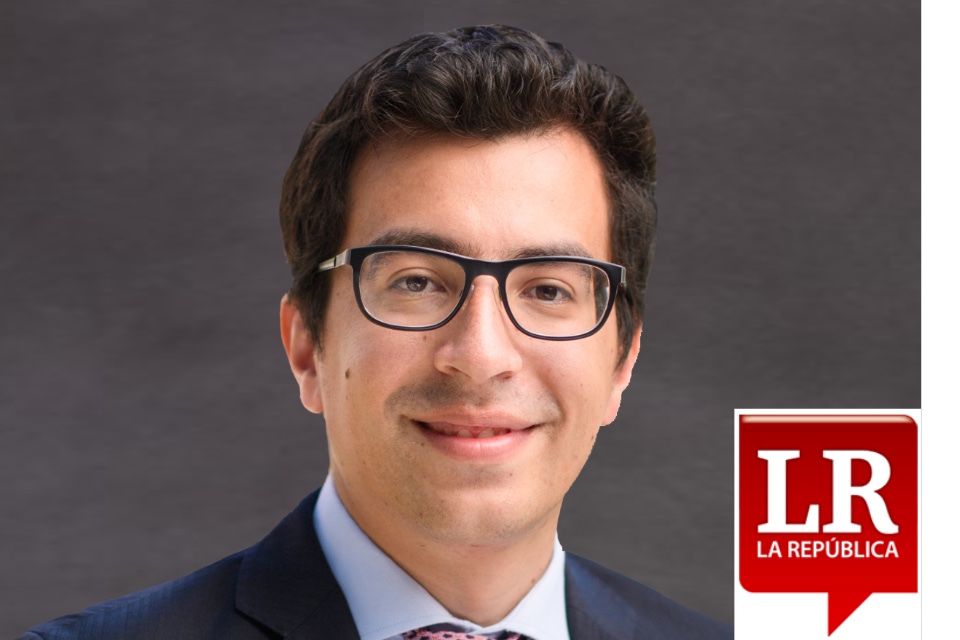
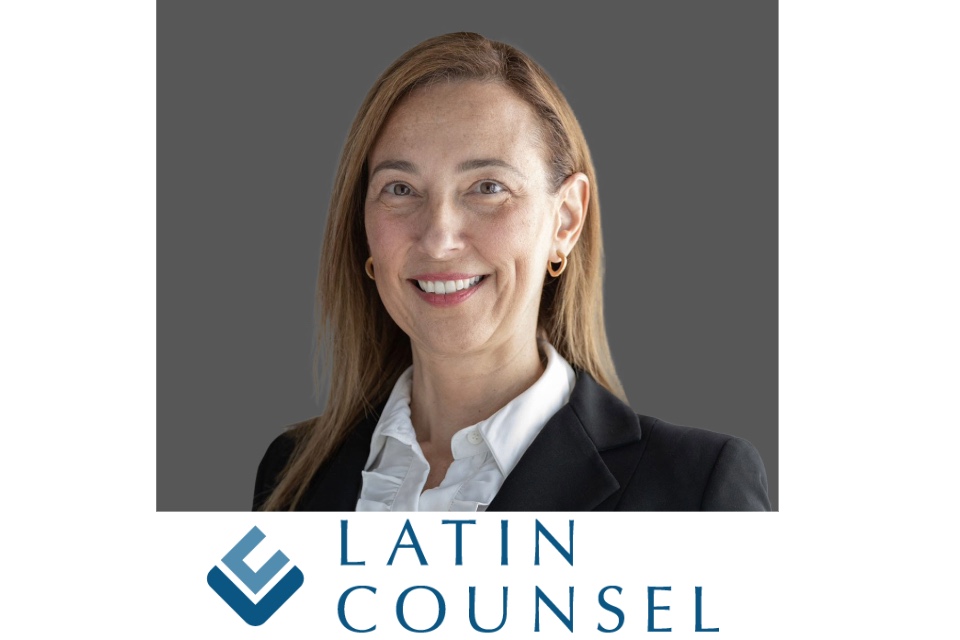

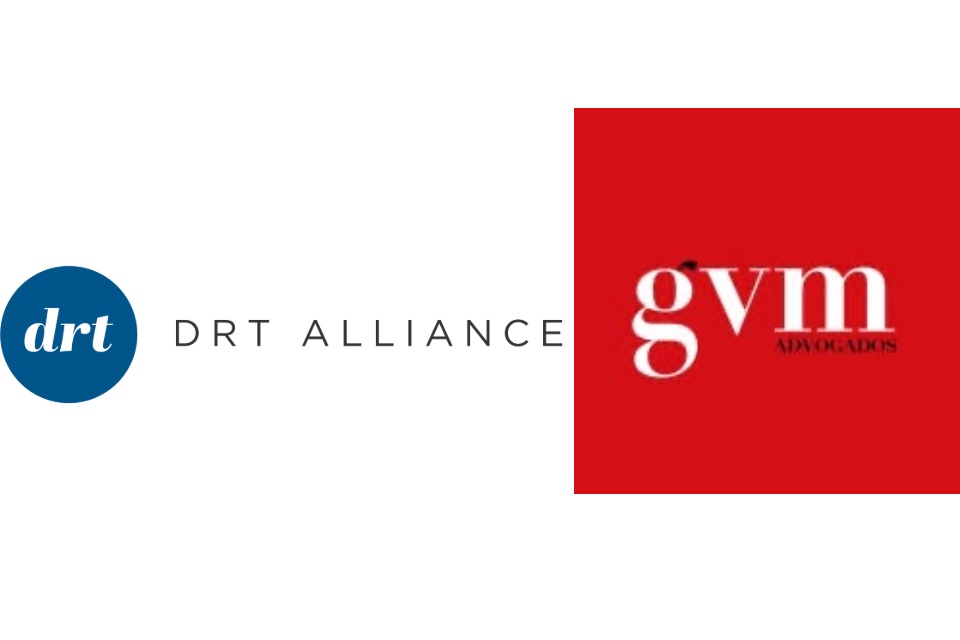



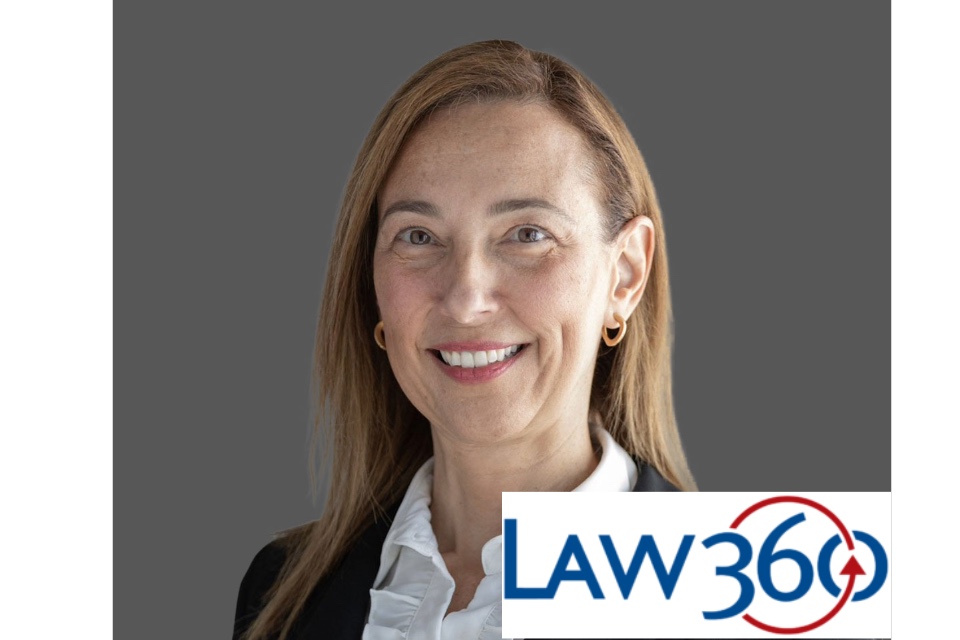










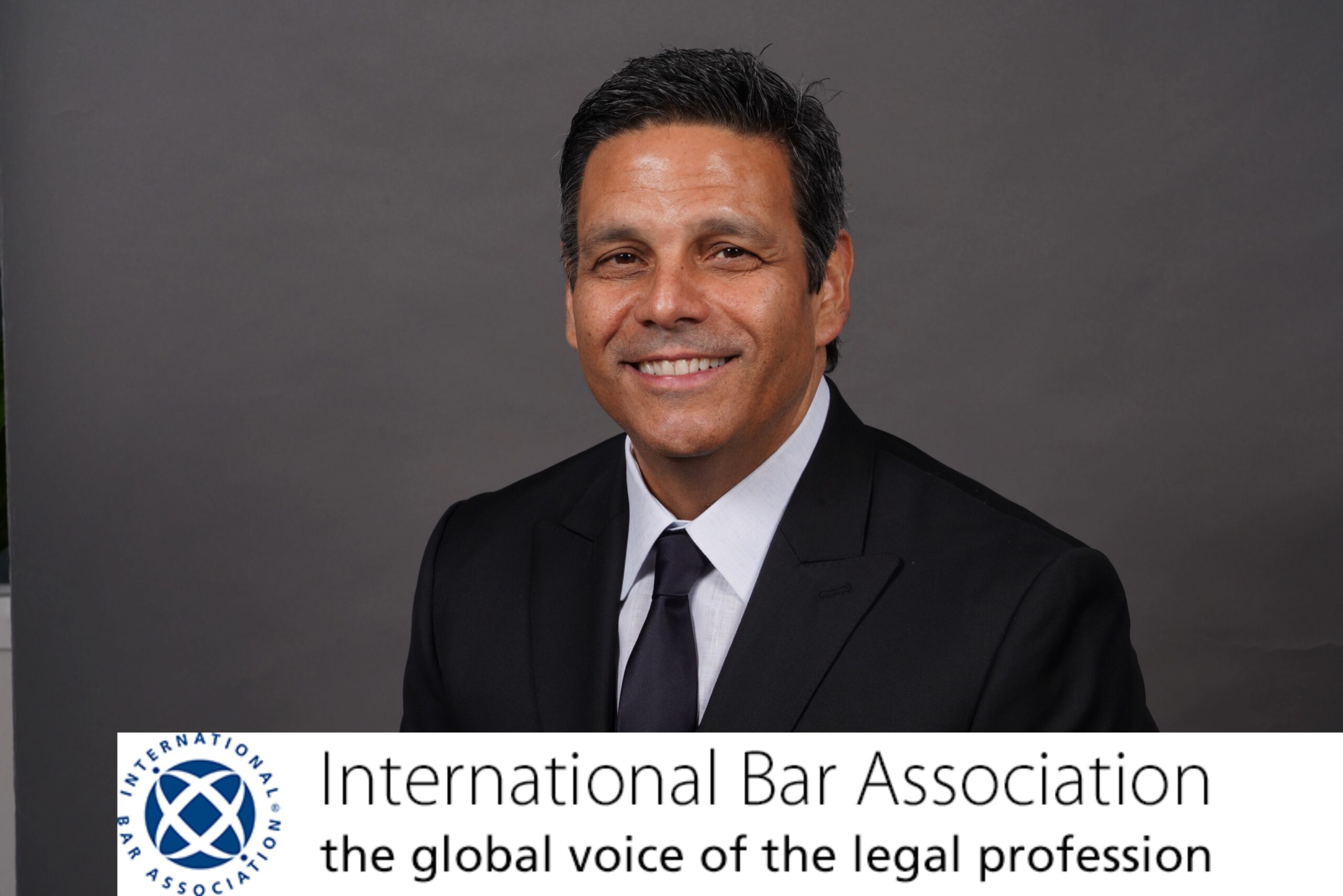









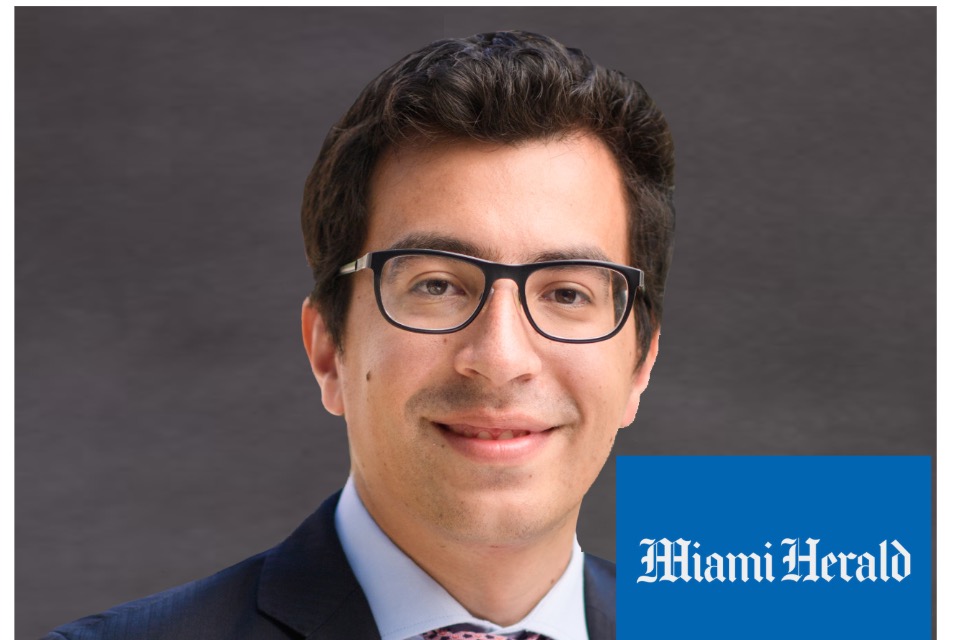























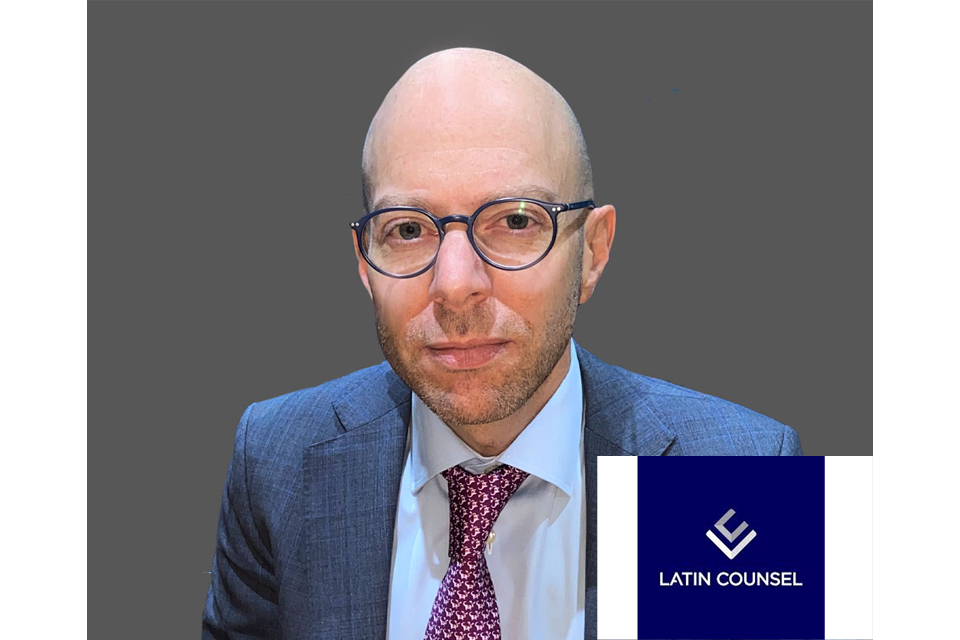



































![Especial abogados Salón de la Fama[61] 4](https://diazreus.com/wp-content/uploads/2023/06/Especial-abogados-Salon-de-la-Fama61-4-pdf.jpg)



























































































































































































